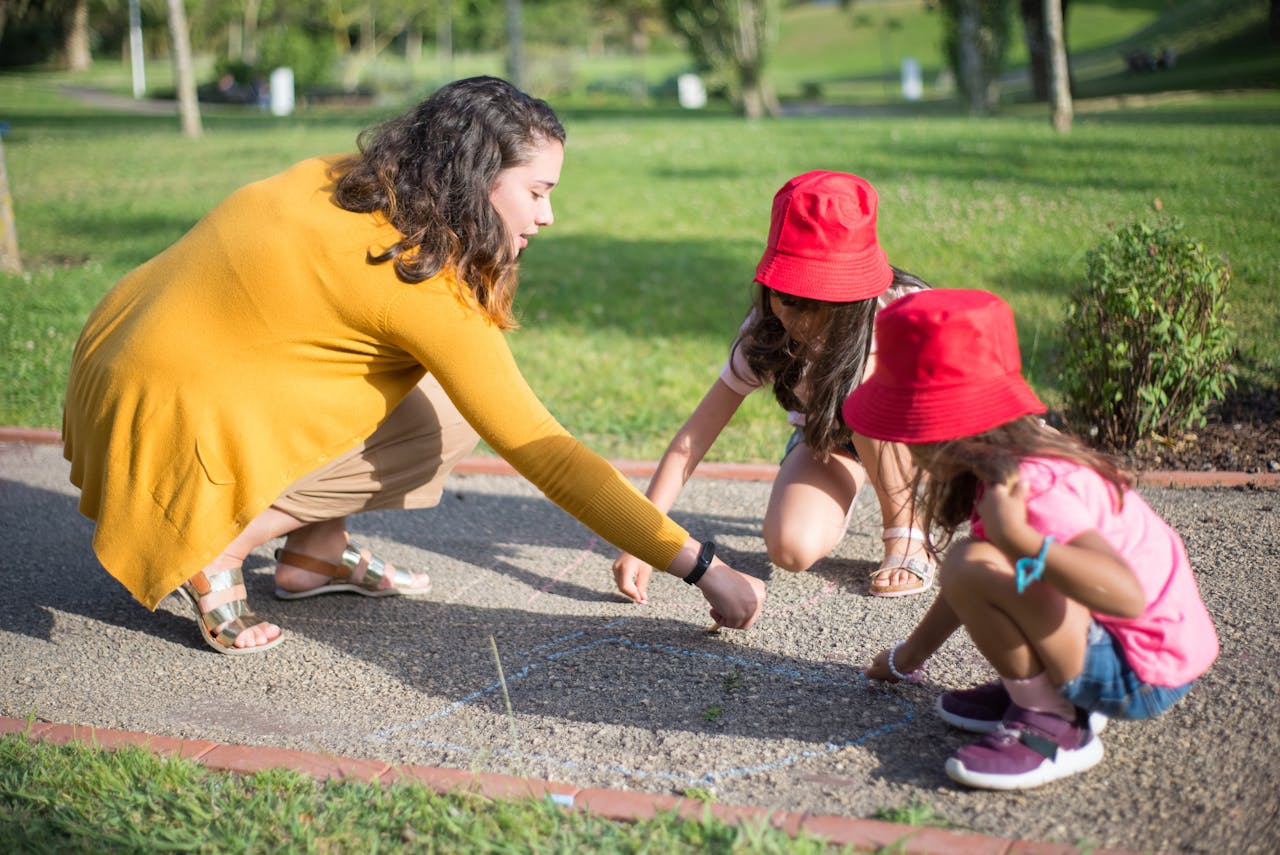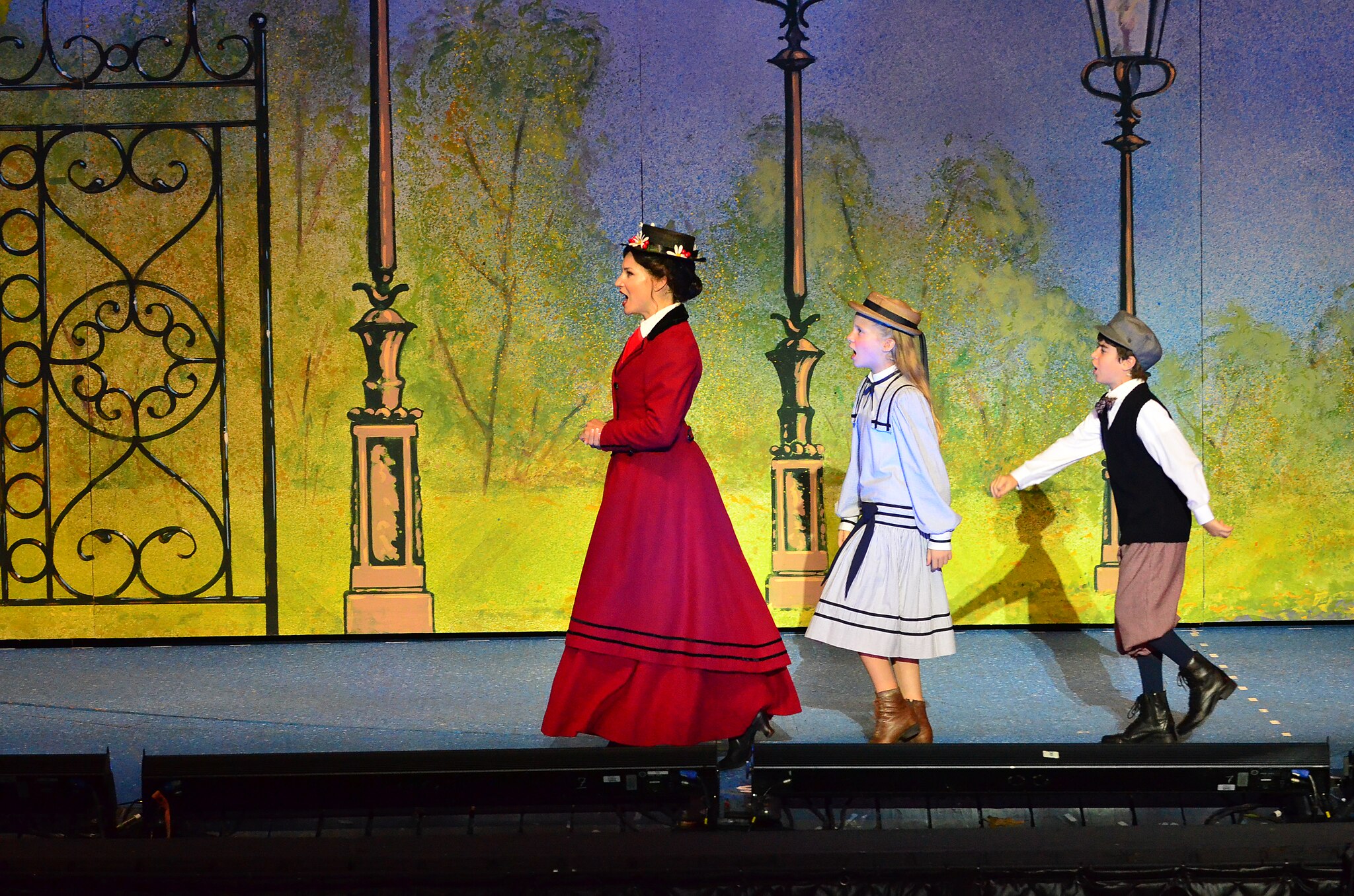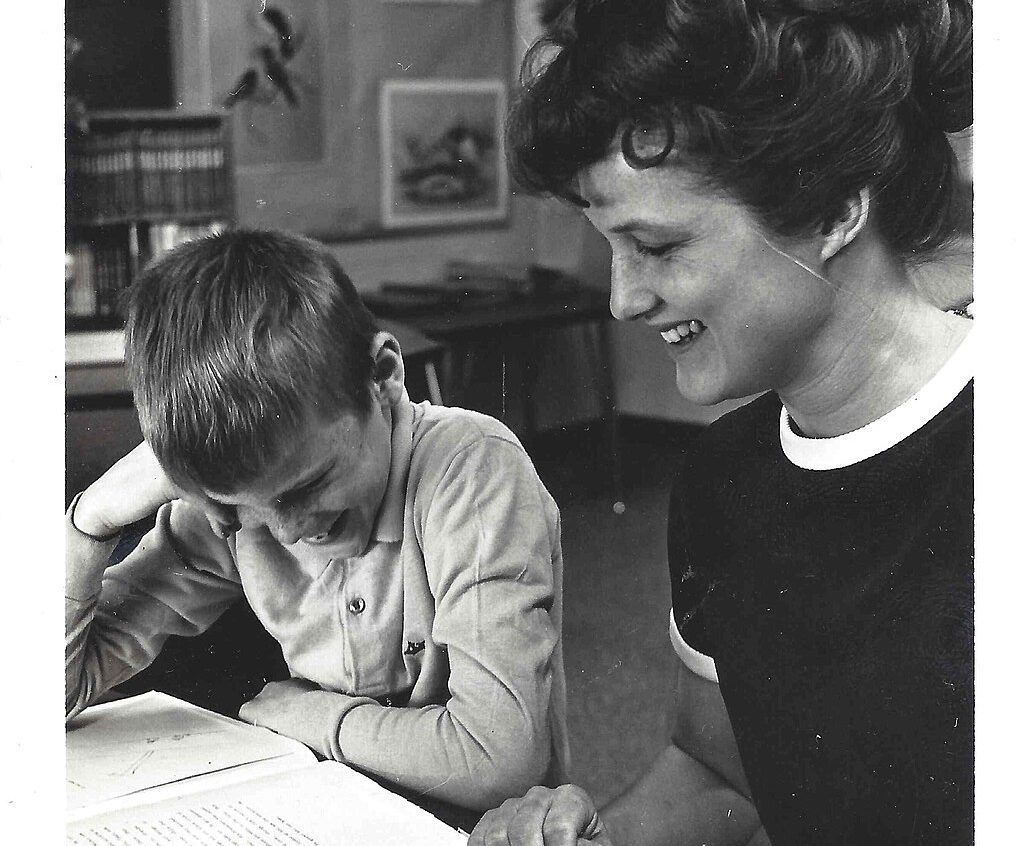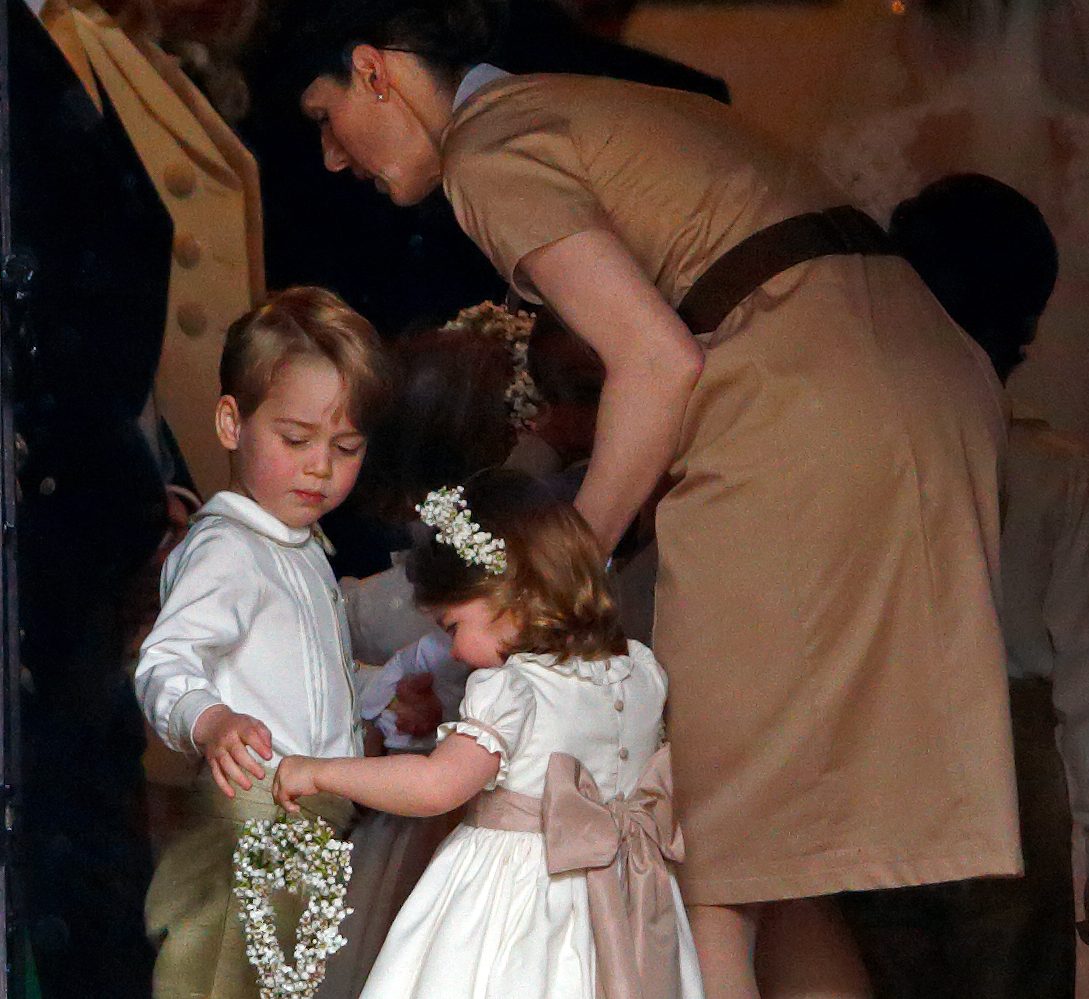Nanny culture has long been a defining feature of childcare, especially in societies where families rely on outside help to manage their households and careers. The role of the nanny dates back centuries, with wealthy families historically employing nannies, or governesses, to ensure their children’s upbringing aligned with societal expectations. Today, nannies are not only responsible for the basic physical care of children, such as feeding and hygiene, but they are also deeply involved in the emotional, intellectual, and social development of the next generation.
Modern nannies operate in diverse settings, ranging from live-in caregivers to part-time helpers, adapting their role according to the needs of families. In some regions, such as the United Kingdom, the nanny profession has reached new heights, with formal education, certifications, and training programs becoming an essential part of the job.
Across the world, the demand for skilled and trained nannies has increased as parents seek individuals who can provide more than just childcare, but also holistic upbringing, reinforcing values, manners, and academic skills. This evolution underscores how nannies have transitioned from caretakers to educators, confidants, and role models.
In recent years, the influence of nannies has taken on an even more significant role in shaping the social and moral frameworks of children. In homes where parents are busy with demanding careers, nannies often serve as the primary source of daily guidance, helping children learn the foundations of what it means to be ethical, responsible, and kind members of society.

Shaping moral standards and social etiquette
While many people associate nannies with practical childcare tasks, their impact extends far beyond that. As children’s behavior is largely shaped by the environment they are raised in, nannies play a pivotal part in fostering the values, morals, and social behaviors that will guide children as they grow into adults. Given their proximity to children during their formative years, nannies often assume a position of influence comparable to parents.
Success
You are now signed up for our newsletter
Success
Check your email to complete sign up
Nannies accomplish this important task in several ways:
Instilling core moral values
The moral development of children is a gradual process, and nannies, by spending long hours with the children in their care, are in a prime position to reinforce core moral values — such as honesty, fairness, empathy, and responsibility. Nannies help children understand the concept of right and wrong by setting clear expectations and helping them reflect on their actions. For example, if a child engages in hurtful behavior, a nanny might use that moment to explain the impact of those actions on others’ feelings and encourage more positive behavior.
Moreover, nannies often foster critical thinking in children by encouraging them to make their own decisions and then discussing the outcomes of those decisions. This practice helps children understand the importance of accountability and owning up to their mistakes, reinforcing a strong ethical foundation that will serve them throughout life.
Promoting empathy and kindness

Nannies also play a critical role in teaching children how to develop empathy and kindness toward others. These qualities are essential for maintaining healthy relationships and are foundational to a well-functioning society. By creating an environment where sharing, collaboration, and mutual respect are encouraged, nannies help children learn to put themselves in others’ shoes. Nannies achieve this by mediating disputes between siblings or friends, modeling positive interactions, and praising acts of kindness.
For example, when a child faces a conflict with a peer or sibling, a nanny can guide them through the process of understanding the other person’s feelings, thus fostering emotional intelligence. This process helps children build emotional resilience and a more compassionate worldview.
Teaching social etiquette

One of the most visible aspects of a nanny’s role in child-rearing is teaching social etiquette. Children learn much of their social behavior through imitation and repetition, and nannies serve as key role models for manners and proper behavior. From teaching children how to greet adults respectfully to helping them navigate social situations like birthday parties or family gatherings, nannies ensure that children understand and internalize the importance of etiquette.
Nannies often emphasize the value of politeness, such as saying “please” and “thank you,” showing gratitude, and being considerate of others. They also guide children on how to behave in public spaces, how to hold conversations, and how to engage with others respectfully. These lessons not only prepare children for social success but also reinforce values of respect, humility, and integrity, which are essential for maintaining moral standards in any society.
Building discipline and routine

Routine and discipline are also critical to a child’s moral and social development, and nannies are essential in helping establish structured routines. Consistency in daily activities—from meals to playtime and homework—helps children understand the importance of time management and personal responsibility. Nannies often introduce clear rules and expectations, such as completing homework before playtime or helping with chores, which teaches children the value of effort and accountability.
Moreover, nannies ensure that children understand the consequences of their actions, both good and bad, creating a system of discipline that fosters self-regulation. This structured approach helps children internalize important life lessons about working hard, following through on commitments, and adhering to rules.
The Norland Institute in the UK: a leader in nanny training
A key institution that has shaped the standards of nanny training and childcare is the Norland Institute, based in Bath, UK. Founded in 1892 by Emily Ward, Norland is one of the most prestigious institutions for educating and training professional nannies. The institute has been at the forefront of creating highly skilled childcare providers, emphasizing not just the practical aspects of child-rearing but also the moral, social, and psychological development of children.
Norland nannies are known for their professionalism, discretion, and exceptional training, which includes everything from understanding child psychology to maintaining security protocols. Importantly, Norland emphasizes the teaching of social etiquette and moral development, ensuring that its graduates are prepared to help children navigate the complexities of social interactions while fostering ethical principles.

The Norland uniform itself, which has remained largely unchanged since the school’s founding, is a symbol of the high standards that Norland nannies are expected to uphold. Norland’s comprehensive training includes courses on how to manage difficult behaviors, foster emotional intelligence, and teach proper manners, ensuring that Norland nannies are more than caregivers — they are educators and moral guides who play a key role in shaping future generations.







